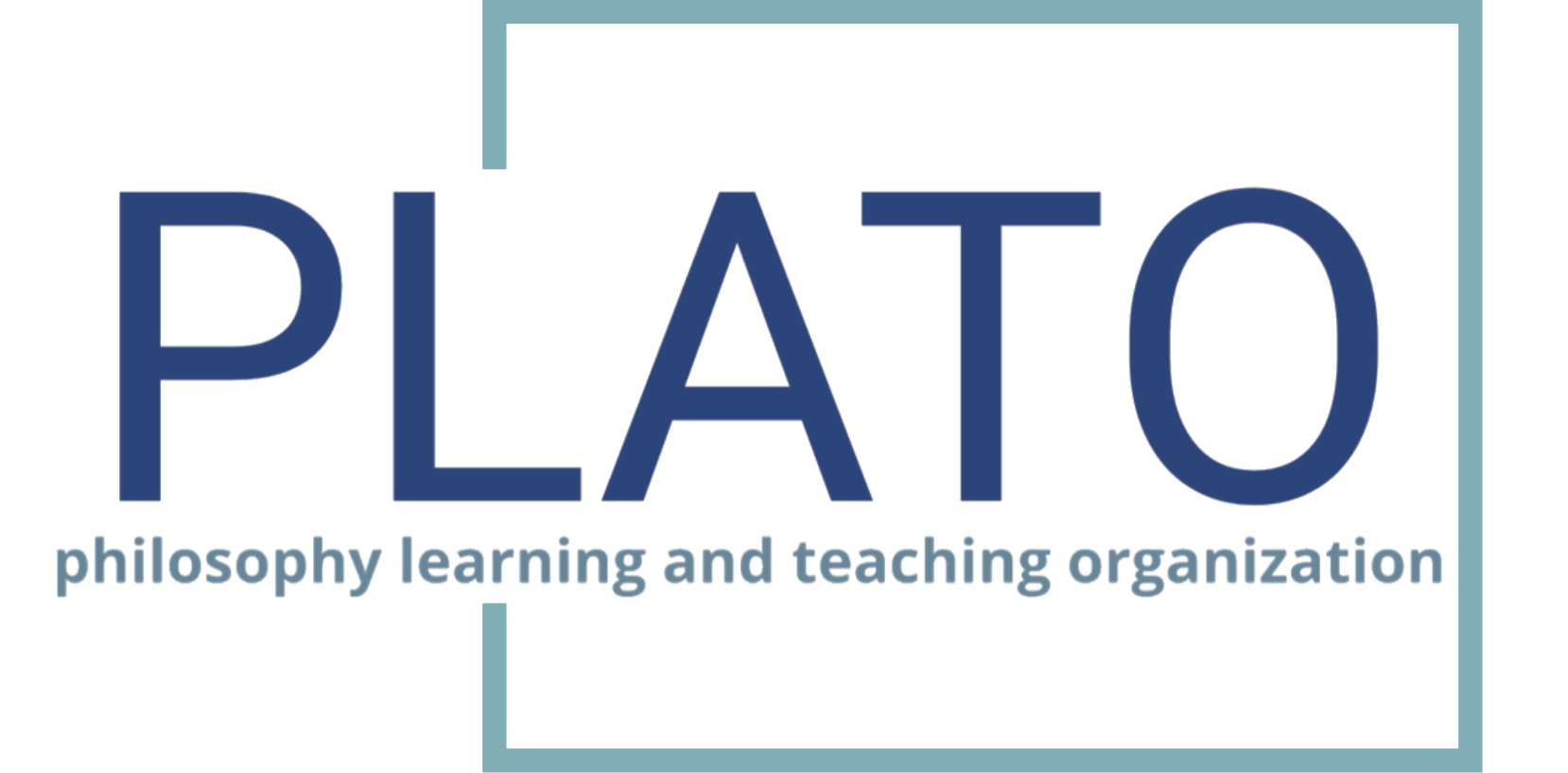Guest Blog Post on Philosophy and the Covid-19 Pandemic
Lexi Pelzer, a high school student who volunteered for our Center this past year, was a student at Overlake High School and is now a rising sophomore at Phillips Exeter Academy. She asked if she could write a guest post for this blog, and I thought that the theme of her post, which describes how philosophy has been helping her during the pandemic, was particularly timely as we start to consider what education will look for the coming school year:
With a sigh, I turned on my computer screen for the twentieth morning in a row. As I tuned into Latin class, I found myself, as usual, longing for the closeness and camaraderie of in-person courses. I also felt a lingering sadness over my canceled lacrosse season, and I missed my friends, whom I had not seen for weeks. I knew that, in so many ways, I was incredibly fortunate: my parents still had their jobs, we were all in good health, and I was able to attend online school. Nevertheless I couldn’t shake feelings of frustration and depression.
But just as I found myself developing a nihilistic outlook, I discovered Existentialism. While carrying out research for a history project, I stumbled across Sartre’s and Camus’s writing, which included their theories about living a meaningful life. This introduced me to existentialism, a philosophy based on the idea that existence precedes essence. This philosophy suggests that humans are not born with certain traits, but rather use our free will to make choices and complete actions that make these traits a part of who we are. While there are some parts of our lives—including age, class, race, and culture—that we cannot change and that significantly affect the options available to us, we can still make choices about how to approach the situations we encounter. It is our actions in response to these situations, existentialism argues, that determine who we are and give us a sense of purpose.
Excited by these ideas, I decided to apply an existentialist approach to my recently upended life. To begin, I tried to identify the things in my life that I truly found meaningful. Online education, for example, had been a challenge for me, since I didn’t love virtual coursework, and my school had switched to a credit/no credit system that didn’t reward hard work with high grades. Thinking about it, however, I realized that what I found most meaningful about my time in school wasn’t homework or grades, but the chance to think critically about new ideas and challenge myself. I still had the opportunity to do these things in my online classes, so I threw myself into my studies. I set up meetings with my teachers to discuss new ideas for projects and used my assignments as opportunities to explore topics that deeply interested me. I soon saw that the online format of my courses—which had once seemed a huge hindrance to my studies—actually gave me the opportunity to work independently and to draw new connections between subjects.
In addition, I recognized that missing my friends was an indication of how meaningful they were to my life. Determined to take actions that aligned with what I valued, I took on the role of friendship facilitator, arranging FaceTime calls, scheduling Netflix watch parties, and even dropping off homemade cookies at my friends’ houses (made while wearing gloves and a mask). The events themselves may not have been quite what I was used to in terms of spending time with those I care for, but putting time into the things I valued made me feel good about myself.
Perhaps most important, my changed circumstances gave me time to realign my priorities and support things that I found meaningful, but hadn’t committed enough time to in the past. For example, I had always considered myself a feminist and advocate for racial justice, but—studying my life through an existentialist lens—I realized that I hadn’t been taking enough action towards furthering these causes. In addition to discussions with my friends and family about social justice, I began signing petitions, making calls to legislators, taking classes on gender studies, and donating to organizations dedicated to racial justice and equality. While the pandemic made some forms of volunteering and protesting more challenging, I saw that there were still plenty of ways for me to take action and, in the process, to live a purposeful existence.
Life is different these days. Whether we are worrying about family members, getting tested for the virus, or tuning into yet another online class, the things we do today bear little resemblance to the activities we carried out in the past. As existentialism shows us, though, we still can—and we must—take action to live authentically. That, at least, will never change.



